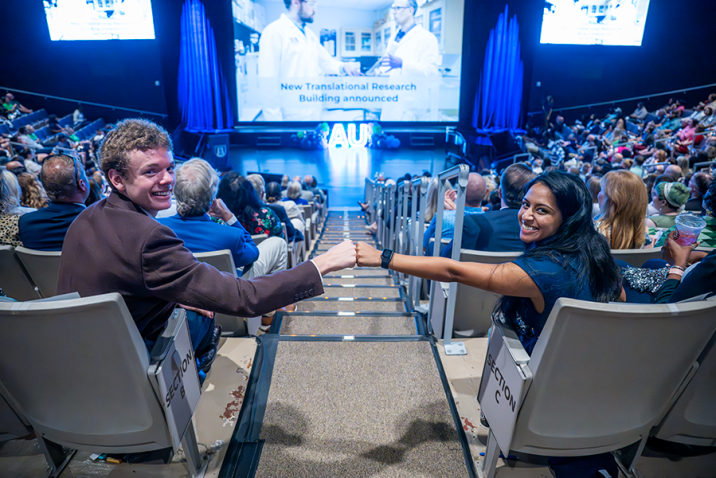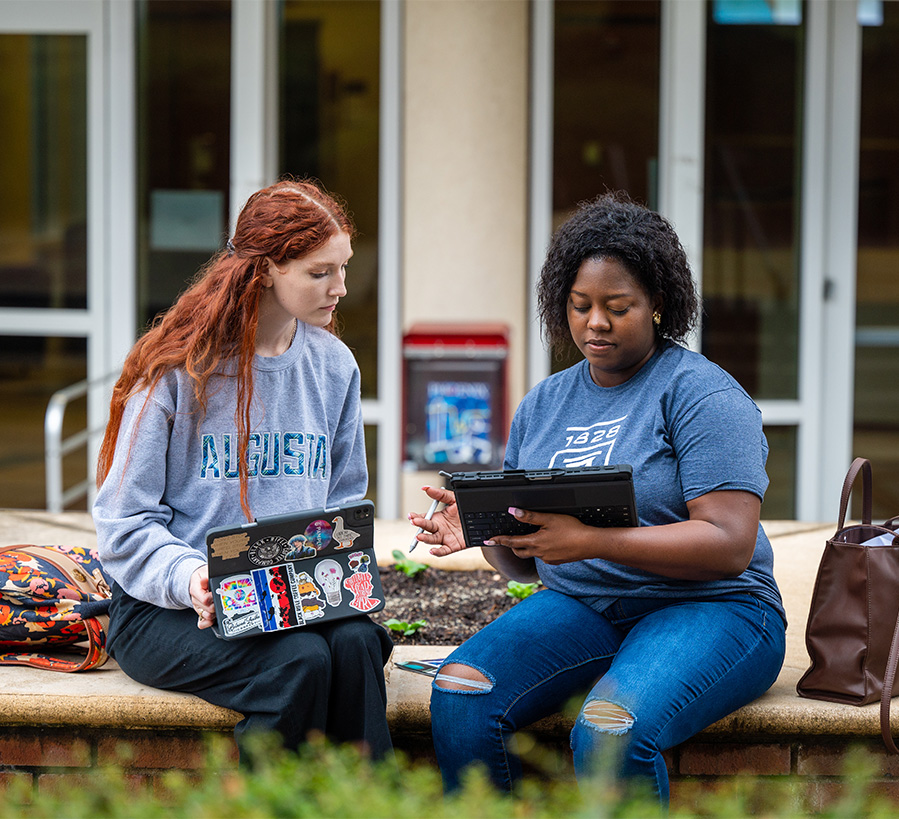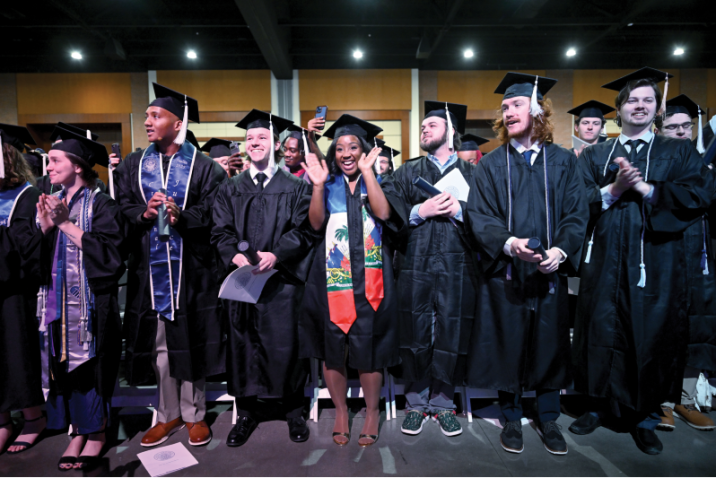Educational Innovation
The Doctor of Education in Educational Innovation degree prepares you to become an educational leader able to successfully adapt to the constantly evolving expectations placed upon educational systems.
Created with the working professional in mind, classes meet six weekends per semester over three years. The program has earned the #5 ranking on EdDProgram.org's 2024 list of Georgia's most affordable Doctor of Education programs.
If you choose to earn your Doctor of Education in Educational Innovation from Augusta University’s College of Education and Human Development, you’ll be joining a collaborative, cohort-based program that offers over 20 concentrations in a supportive and education-rich environment.
Educational Innovation is for you if you consider yourself
Life-Changing
Life-Saving
Education
Want to learn more about the Educational Innovation program at Augusta University?
Request InfoWhat You'll Study
Coursework
Students in the Doctor of Education with a major in Educational Innovation program will complete 55 credit hours, including 15 hours of a capstone project or dissertation.
The cohort-based program is designed to be completed in nine consecutive semesters.
Curriculum | Admissions Criteria | Tuition and Fees | Application Deadlines



EXPLORE. EXCEL. EXPAND.
Graduate School Advantage
Augusta University's graduate programs are among the best in the nation – and the world – and our graduate students are our most valuable assets. To ensure that our students earn more than a degree, the Graduate School offers a range of opportunities so they can develop the leadership, communication and personal skills needed for a rewarding life and academic, research or professional career.
See what the Graduate School has to offer »
About the Graduate SchoolExperience-based Education
Outside the Classroom
Several education-related student organizations provide opportunities for students
to participate in groups that can help them network, share ideas and prepare them
for career advancement.
Augusta University’s College of Education and Human Development is a hub for educational
outreach and professional learning opportunities, including the Impacting Student
Learning Conference.
Students looking for opportunities to volunteer in the community have several locations
to choose from, including Augusta University’s Literacy Center, which provides Augusta-area
children, adolescents and adults with literacy-related educational experiences.
Weekend Classes
Designed to be convenient for working professionals, classes meet six weekends per semester over three years.
Dedicated Faculty
The supportive faculty are committed to high-impact practices that stimulate positive learning and innovative research.
Cohort Model
Built on a cohort model, students progress through the program as a group and benefit from the collaboration and support of their peers.
Financial Assistance
Along with university-wide scholarships and financial assistance, the College of Education provides several scholarship opportunities for qualifying students.
Your Future
Career Options
Earning a doctor of education degree increases your earning potential. The Bureau of Labor Statistics (BLS) reports a median annual wage of $80,840 for postsecondary teachers. Job growth is projected to rise at an average rate over the next decade.
Admissions Criteria at a Glance
GPA: Minimum overall GPA of 3.0 on a 4.0 scale at the Baccalaureate level calculated on all graduate work attempted.
Degree Requirement: Minimum of a Master’s degree or equivalent from an accredited college or university.
Transcripts: Official transcripts are required from all universities and colleges ever attended.
Standardized Test Requirements: None are required for this program.
Letters of Recommendation: Recommendations from three individuals must be submitted through the application portal.
Declaration of Concentration: Your selected concentration must be submitted with your application.
Purpose Statement: Applicants must write a 300-500 word purpose statement discussing how this program aligns with the applicant's career goals.
Writing Prompt: Applicants must upload the completed writing prompt to the application status portal.
International Students: Please review the verification process for international transcripts and the english proficiency requirement.
Tuition & Fees Estimate
$3,813*
Estimated total
Full-time / In-State / Per Semester
$318
Tuition Per Hour
$675
Mandatory Fees
View Detailed Program Tuition
*Tuition & Fees listed here are for in-state students enrolling in the university for Fall 2025 semester.
Detailed Program Tuition InformationApplication Deadlines
Spring ’26 Application Deadline (Educational Leadership Online Model)
- October 1, 2025
Cohorts begin only in the Spring Semester
Summer '26 Application Deadline (Curriculum & Instruction Executive Model)
- November 2, 2025
Cohorts begin only in the Summer Semester
Early submission of all application materials is strongly advised.
All required application materials and documents must be received in order for an application to be considered complete and before an admission decision can be made. The program does not accept applications after the application deadline; however, the program will continue to accept application materials up to two weeks after the application deadline.
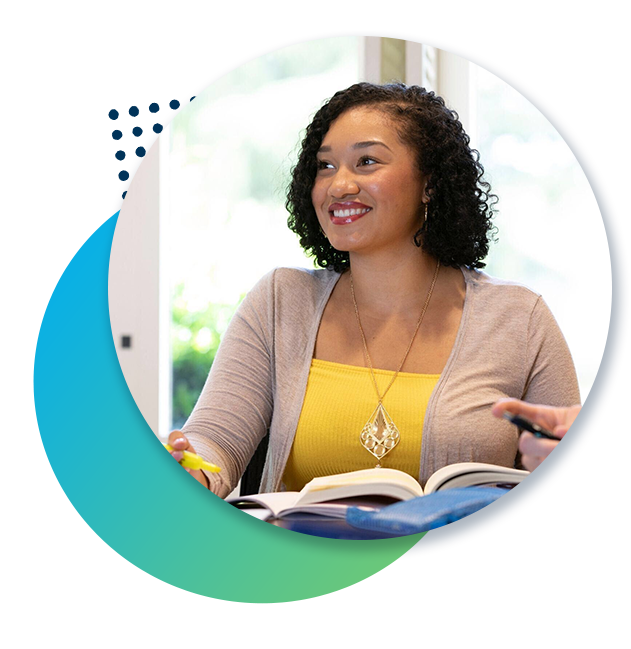
Why Augusta?
With over 20 different concentrations, you can pursue the learning objectives that excite you most.
Courses are taught face-to-face over six weekends each semester, making this program convenient for working professionals.
The College of Education hosts several education-based conferences and programs that provide opportunities to learn and network with educators from around the area, state and nation.
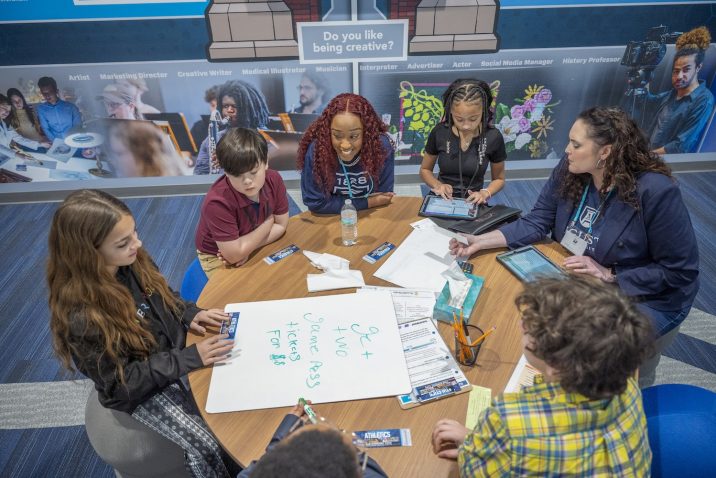
AU earns Carnegie Elective Classification for Community Engagement
AU earns Carnegie Elective Classification for Community Engagement